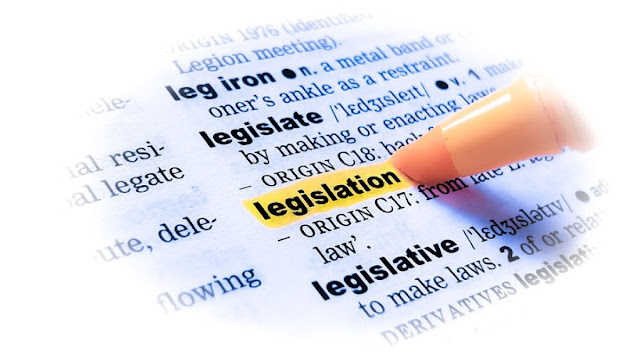HB- 20 by Murr; Proposing the Use of A Risk Assessment Tool
House Bill 20 by Murr is the Governor's bill for proposed bail reform. It also relies upon a constitutional amendment set out in HJR 4 by Kacal to expand the list of offenses upon which bail may be held without bail.
The constitutional amendment states that a person accused of a violent or sexual offense or "other offenses added by the legislature" may be denied bail pending trial under the existing requirments set out in the constitution regarding capital and other serious offenses. In additional, the constitutional amendment adds several offenses where bail must be denied unless there is "clear and convincing" evidence that bail will ensure that the defendant will appear for court or ensure the safety of the community. The crimes covered by this provision include a capital murder or sexual offense where the victim is younger than 17. There is no "Romeo and Juliet" exception which is an affirmative offense under current law.
HB 20 is to be referred to as the Damon Allen Act in honor of an officer killed in the line of duty after a roadside stop. Section 2 of the bill adds the new requirements authorized by the constitutional amendment. Section 3 of the bill directs the Office of Court Administration to develop and maintain a validated risk assessment tool that is standardized for statewide use. According to the bill, the tool will consider two factors: (1) the risk that the defendant will fail to appear for court; and (2) the risk to the safety of the victim and to public safety. The magistrate must consider the results of the risk assessment tool before making a bail decision for any offense which is classified a Class B or higher offense.
The bill also requires that any judge (including district court and county court judges) who will magistrate a defendant charged with a felony or an assaultive or sexual crime that is a Class B Misdemeanor or higher, the judge must receive training, pass a test, be certified and then attend a refresher course every 4 years.
The bill does not preclude the use of a bail schedule, but says that it cannot be inconsistent with the requirements of the bill. The bill does not set out the procedures authorzied by the 5th Circuit in the O'Donnell opinions to ensure compliance with federal law.
In section 4 of the bill sets out certain serious offenses thata are changed to no longer be eligible for a PR bond and adds several new offenses to the list.
Section 5 of the bill includes a minor amendment regarding bonds for defendants with mental health issues.
Section 6 of the bill amends 17.15 of the Texas Code of Criminal Procedure and adds a requirement that a magistrate must reveiw a criminal history before setting bail, must review the results of a pretrial risk assessment tool and allows the court to consider any other relevant facts or circumstances.
Section 7 of the bill addresses providing notice of conditions placed on bonds and providing that information to the defendant and adding the information to the law enforcement database.
Sections 8 to 11 address when different portions of the bill go into effect. Section 8 states that the risk assessment tool must be made available to counties by December 1, 2021. It can be done earlier by sending notification to each court cleker and judge or magistrate and the attorney representing the state. Section 9 states that the development of the training courses must be completed no later than December 1, 2021. Section 10 states that the change in law only applies to defendants arrested after the effective date of the bill and the existing law is continued for defendants arrested under the old law. Section 11 states that the risk assessment tool goes into effect on September 1, 2121. The changes that rely on a constitutional amendment go into effect on December 1, 2021 but only if the constitutional amendment is approved by the voters.
***







Hopefully our Tx legislators see through the smoke and mirrors of the tool. Judges should rely on the facts of ylthe individual and not from actions of a group from the past.
ReplyDelete